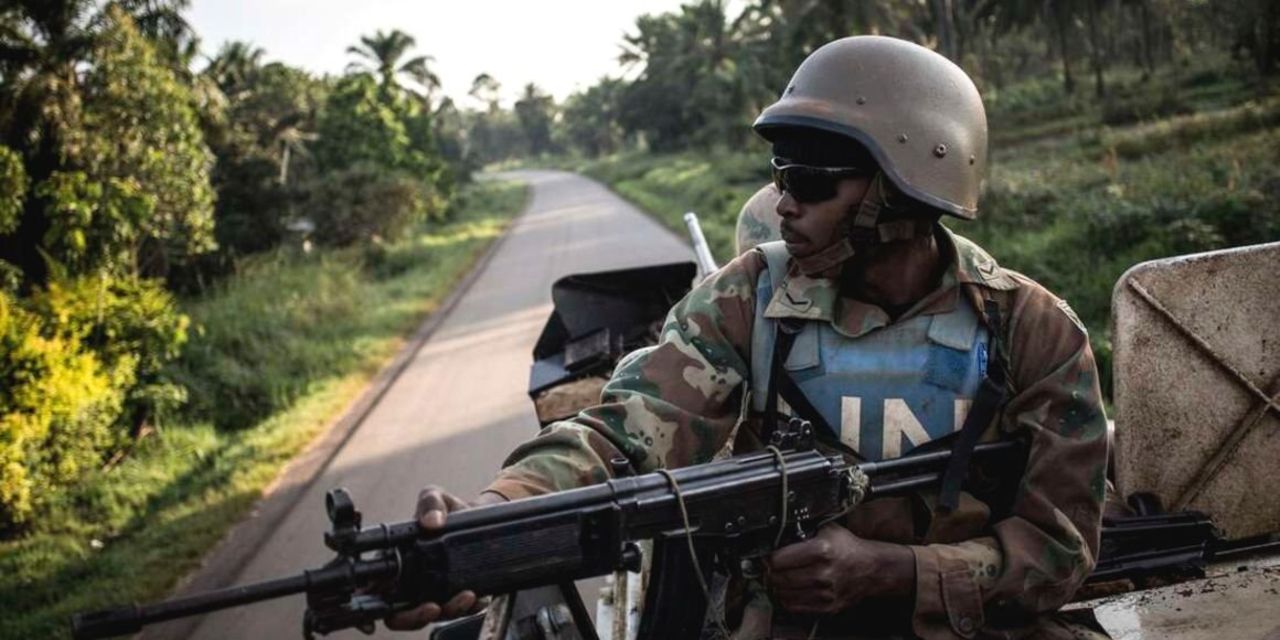UN Secretary-General Antonio Guterres called Thursday for a “serious, broad-based reflection” on reforming the global body’s peacekeeping operations, highlighting persistent “limitations” to their success.
Presenting his most recent policy brief, entitled the “New Agenda for Peace,” Guterres praised the work of UN peacekeeping missions as “saving millions of lives” and preserving ceasefires.
However, the former Portuguese prime minister cited “longstanding unresolved conflicts, driven by complex domestic, geopolitical and transnational factors” as well as a “persistent mismatch between mandates and resources” as exposing the missions’ limitations.
“Peacekeeping operations cannot succeed when there is no peace to keep,” he said.
They also cannot achieve their goals “without clear, prioritized and realistic mandates from the Security Council, centered on political solutions,” he added.
He therefore called for a “serious, broad-based reflection on the future of United Nations Peacekeeping Operations, with a view to moving towards nimble, adaptable models with appropriate exit strategies in place.”
Though he did not mention any nations by name, his remarks come just weeks after the Security Council ended the decade-old MINUSMA mission in Mali.
The move followed a surprise withdrawal request from the West African country’s military junta, which said it had failed to meet the security challenges caused by terrorist groups.
Peacekeeping missions are not anti-terrorism forces and are limited by their mandates in how they can engage in conflicts.
A “fragmentation of conflicts” involving “non-state armed groups, criminal gangs, terrorists and opportunists” has increased the need for “multinational peace enforcement, counter-terrorism and counter-insurgency operations” backed by regional or sub-regional groups, Guterres said.
He pointed to Africa as the continent with the greatest need for this “new generation of peace enforcement missions.”
“The New Agenda for Peace therefore reiterates my call for peace enforcement missions and counter-terrorism operations, led by African partners with a UN Security Council mandate,” he added.
The “New Agenda for Peace” is part of a series of proposals the secretary-general is producing ahead of the United Nations’ major “Summit of the Future” next year.
Credit: The Citizen


